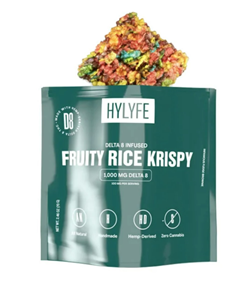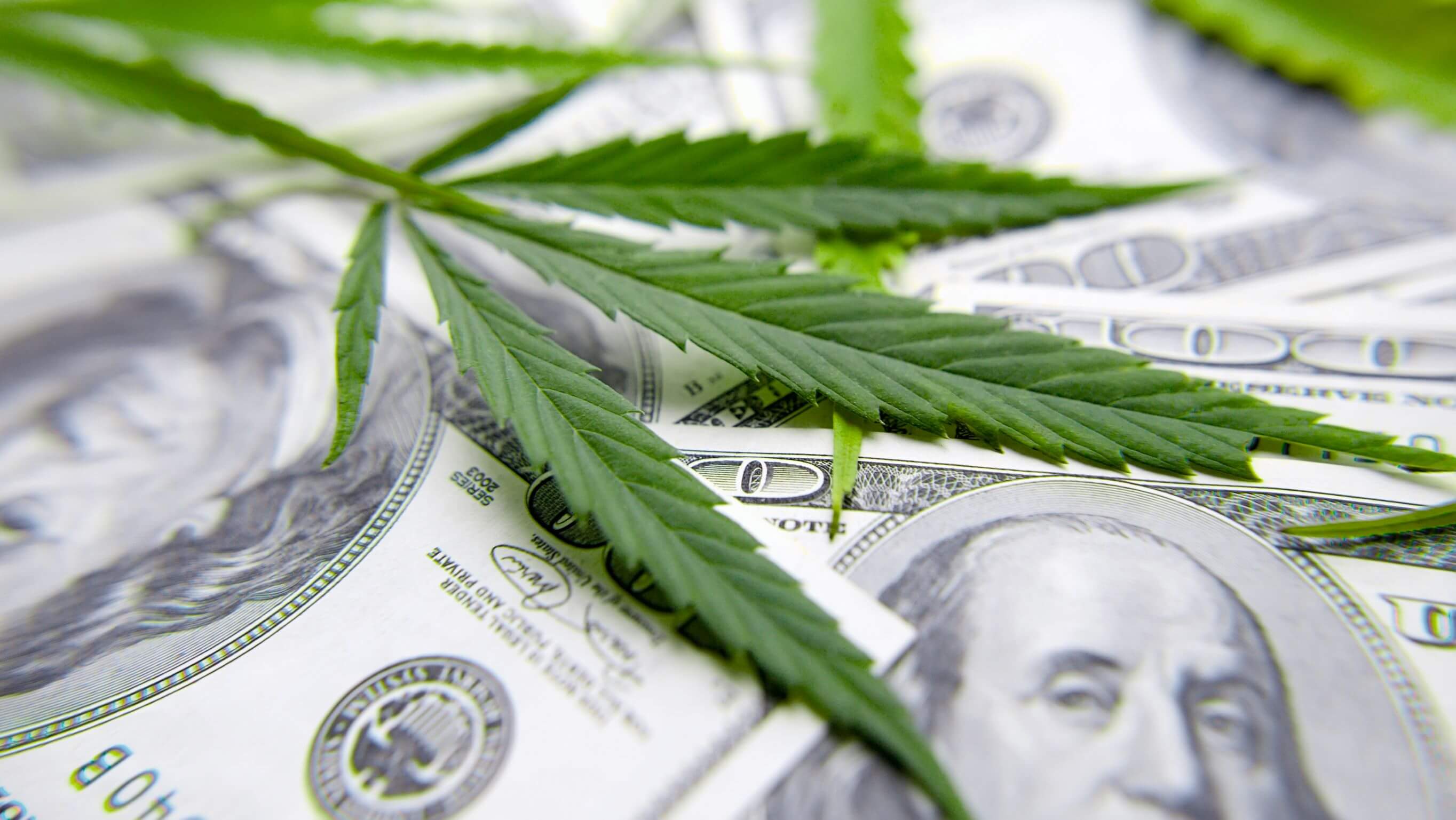Resources
Colorado state tax revenue from the legal cannabis industry surpassed $2 billion in January and the state has collected more than $88.7 million in fees.
In addition to state and local taxes and fees, cannabis businesses have an effective federal tax rate of about 70% – compared to about 26% for other businesses.
Did you know Colorado legal cannabis dispensary owners are unable to deduct normal business expenses like payroll and rent from their federal income taxes?
Marijuana has contributed over $320 Million dollars to Building Excellent Schools Today (B.E.S.T.), making up about 25% of the program's entire budget.
In FY 21-22 alone, nearly $15.3 million in state cannabis dollars went to state Affordable Housing Grant and Loans.
The Marijuana Tax Cash Fund collected $188.8 Million in FY 2021-22 alone.
In FY 21-22 alone, nearly $15 million in cannabis dollars went to the School Health Professional Grant program.
More than $15 million in cannabis dollars went to substance abuse treatment in FY 21-22.
More than $1.6 million cannabis dollars went to the Tony Grampsas Youth Services Program in FY 21-22.
Voters in 59 of 64 Colorado counties voted no on Proposition 119 sending a clear message against raising taxes on cannabis consumers.
Unlike other legalized substances, the marijuana industry has a 97% compliance rate for unauthorized sales.
Unlike alcohol, research has proven you can only get “so high.” Cannabinoid receptors in your brain eventually prevent the body from getting further intoxicated.
Did you know? Since legalization in 2005, teen use in Colorado has remained flat and is below the national average.
According to a recent poll by the Pew Research Center, more than 90% of Americans think cannabis use should be legal.
Did you know? MIG represents more than 400 cannabis business licenses across the state.
A 2021 study found that medical cannabis use was associated with clinical improvements in pain, function, and quality of life with reductions in prescription drug use.
Founded in 2010, MIG is the oldest and largest trade association for licensed cannabis businesses.
Colorado’s marijuana model has become the example for all other regulated cannabis states, and MIG works directly with policy makers to ensure that Colorado’s program is fair, tightly regulated, safe, and successful.
Safe Sales: Every marijuana sale in CO takes place on camera and requires multiple ID checks.
All regulated marijuana in Colorado is tracked from “seed to sale,” with oversight from the Marijuana Enforcement Division.
Established in 2010, MIG has led legislation for child resistant packaging, customer safety resources, and purchase restrictions for 18-20 year olds.
Marijuana is taxed at both state and local levels. This year Aurora built a new $34 Million dollar rec center, fully funded by local marijuana taxes.
The marijuana industry suffers from unfair Federal tax rules, which means that MIG members’ effective tax rates are around 71%.
A 2019 study showed that crime does not increase with legalization.
Conditions for medical marijuana
Cancer - Glaucoma - HIV or AIDS - Cachexia - Persistent muscle spasms - Seizures - Severe nausea - Any condition for which a physician could prescribe an opioid - Autism Spectrum Disorder - Severe pain - PTSD
Most marijuana businesses have access to banks, but because marijuana is still federally illegal, businesses are unable to access merchant processing services such as VISA or Mastercard.
Consuming higher potency marijuana does not lead to higher levels of impairment.
-- Journal of the American Medical Association (JAMA) 2020
71% of Colorado voters favor marijuana legalization. This has increased 10 points in the last four years alone.
States Take Steps to Rein In Intoxicating Hemp Market Which Generated More than $500 Million in Unregulated Sales in 2022
MIG Press Release

FOR IMMEDIATE RELEASE
DATE: February 22, 2023
CONTACT: Erin McCann Ciani
303-746-2365
States Take Steps to Rein In Intoxicating Hemp Market Which Generated More than $500 Million in Unregulated Sales in 2022
At the Same Time, Colorado Task Force Recommends Deregulating the Sale of Intoxicating Hemp Products Under 2.5 MG THC with No ID, Purchase Limits, Safety Checks
DENVER – States like Washington are beginning to take critical action to rein in the intoxicating hemp market, which is selling hundreds of millions of dollars in completely unregulated products annually without ID checks, purchase limits, or safety restrictions. Recently introduced legislation in Washington state, would require any Delta-8 products over 1 milligram to be subject to the state’s legal cannabis safety regulations.
The Marijuana Industry Group (MIG) is urging Colorado lawmakers to take similar action to increase public safety and prevent youth access, as the intoxicating hemp market takes hold in Colorado. At a meeting of The Intoxicating Hemp Task Force, representatives of the unregulated intoxicating hemp industry presented an industry sponsored study indicating that the hemp intoxicants industry will sell $527.3 million in sales of Delta-8 drugs in 2022.
The sale of these products derived from hemp and typically sold online, requires no ID checks, purchase limits, or safety and quality checks and can be shipped anywhere. For example, any consumer of any age can purchase a “Nerd Coil” that resembles a popular child’s candy containing 1000 milligrams of Delta-8 THC– 100 times the legal serving size limit in Colorado for Delta-9 edible THC products. A recent opinion piece in the Journal of the American Medical Association called out the dangers of unregulated hemp-derived cannabis products, calling their regulation “a public health priority”.

1,000mg Delta-8 Fruity Rice Krispy Treat
Colorado’s Intoxicating Hemp Task Force, created by Senate Bill 22-205, recently submitted recommendations for regulations to the State Legislature at the beginning of this year. Colorado’s state taskforce is recommending that intoxicating hemp products with less than 2.5 mg of THC be unregulated, meaning they can be sold online with no purchase limits or age requirements. You can view the report from the commission here, including MIG’s dissenting opinion. MIG strongly believes the hemp intoxication levels suggested to be safe for deregulation in the report create dangerous loopholes, jeopardize public safety, and are not strict enough to prevent youth access.
“When online intoxicating hemp purveyors are selling in the hundreds of millions and by the kilo, it’s not hard to imagine how many of these untested, unregulated products are getting into the hands of children and making their way to the illicit market,” said Tiffany Goldman, Board Chair for The Marijuana Industry Group. “Especially now that anything under 2.5 mg of THC could be completely unregulated. As a mom, I can tell you the number one priority for Colorado’s legal cannabis small business owners is the health and safety of all Coloradans, whether they are cannabis consumers or not, and we pride ourselves on having an excellent record.
“Unlike the legal cannabis industry which has generated hundreds of millions for causes Coloradans care about, intoxicating hemp products are being sold to anyone who can afford them with no public benefit. Unfortunately, cannabis small business owners are struggling to keep their doors open while this completely unregulated industry is thriving. It’s a dangerous situation that has been allowed to go on for too long.”
Although harmless in its natural state, when hemp is concentrated into delta-8 and other cannabinoids, it can be infused into intoxicating gummies, vapes, and other products. According to the FDA, more than 100 reports of adverse health events related to hemp intoxicants were reported in just 14 months.
Unlike unregulated hemp intoxicants, legal marijuana products are tracked from seed to sale, are consistently tested for safety and purity, cannot resemble children’s products or be sold near schools, and can only be sold in limited amounts. All purchases require a valid ID be checked twice, and the industry currently has a 98% compliance rate.
While the hemp intoxicants industry is thriving, Colorado’s safe, legal cannabis industry is hitting record lows in sales. Recreational and medical marijuana sales numbers released last week by the Colorado Department of Revenue showed sales were down more than $460,000,000 in 2022 compared with sales in 2021. Colorado brought in nearly $100 million less in tax revenue this past year, threatening critical public programs that marijuana businesses help fund, including housing, mental health, and education. Additionally, the state collected $14 million less in revenue in January of 2022 versus January of 2021.
###
About MIG: MIG was founded in 2010 by cannabis business owners and supporters who wanted to help craft Colorado’s earliest medical marijuana regulatory framework. MIG is the oldest and largest trade association for licensed cannabis businesses. Comprising approximately 500 business licenses, MIG has strong representation and connections across the state.
Additional Info
Media Contact : Erin McCann Ciani








